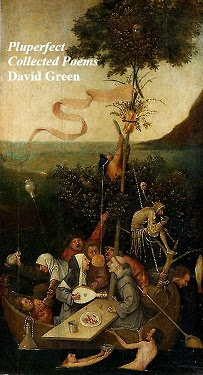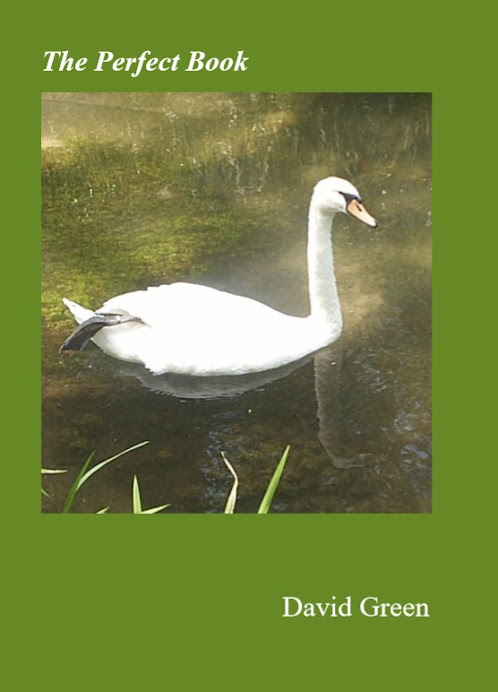One expects Sartre to be bleak. All the anguish and nothingness generated by a world one has to make up for oneself offer few comforts. Philosophy tends towards bleakness, reducing all that might be imagined to what is only ostensibly there, but even modern philosophers aren't quite as despairing as those that used to abdicate all responsibility and use God to explain it all. I found Nausea to be realistic rather than grim, though, and for all the negatives in his writing, he is reported as being sociable and good company, while rarely failing to find reasons to fall out with his fellow travellers.
Conversely, one might imagine Edward Thomas to be well-balanced and kindly on the evidence of his writing. The sympathy with nature, the generous outlook, the measured, gentle, expanding music of Adlestrop make him seem most companionable. But we must be careful not to conflate the writer and the writing. The short stories, mostly very short, in The Ship of Swallows are as beautifully written and measured in their pace as anything in the poems. Within the mechanics of sentence structure, his appreciation of the countryside is as convincing as in any writer and he evokes a richness of experience comparable with any of the English composers that were his contemporaries.
But that's not what he was like. Under the sub-heading of 'character' in the index of Mathhew Hollis's biography, Now All Roads Lead to France, there are entries on 'dislike of crowds', 'fatalism', 'inability to love', 'indecision', 'introspection', 'melancholia' and 'nihilism' and that is betting without the story of when he took his gun out with him on a walk with the intention of shooting himself. If one can find 'the joys of Spring' in his writing, they were less evident in his personality.
Thus it strikes one as startlingly honest to read The Attempt, a story so close to that real-life episode that it's not possible to believe it's entirely fictional. If one thought one was in for some fresh air, bucolics and rolling hills in the distance, there's more to it than that. The Attempt doesn't end in death but is more harrowing than those that do and one detects under the surface that it is a major pre-occupation.
Among other glimpses of autobiography, there's the description, in The Pilgrim, of one whose,
head was bare, and his brown hair was untidy, and longer than is necessary for whatever purposes hair may be supposed to serve. He might have been twenty-five, and I put him down as perhaps a kind of poet, who made a living out of prose.
First published in 1928, it's not obvious here when that was written but it's possible he didn't really need the advice of Robert Frost to write poetry if it was written at the same time as those that were published in his lifetime.
The stories often end with a hint of mysticism and can be open-ended, as opposed to inconclusive, and are for the most part fine miniatures. Towards the end, The Land of Youth ambitiously moves into myth, folk lore and Tir Na Nog with less success and so I missed out the unpromisingly titled The Making of the Worlds, of Gods, and of Giants. I very rarely omit any of a book I'm reading but, on the other hand, only read things that I think I'm likely to admire and so rather than build towards its best pieces, the book feels like it ends in an unannounced appendix. It could have ended sooner but perhaps that wouldn't have represented what Thomas did so accurately. Nonetheless, if you are prepared to be jarred out of any comfort zone you might have thought you'd be indulging in and don't mind the darkness that lies not so far below the pastoral idyll, it's an essential book for all who think that Edward Thomas is as central to C20th English Poetry as, say, T.S. Eliot.












